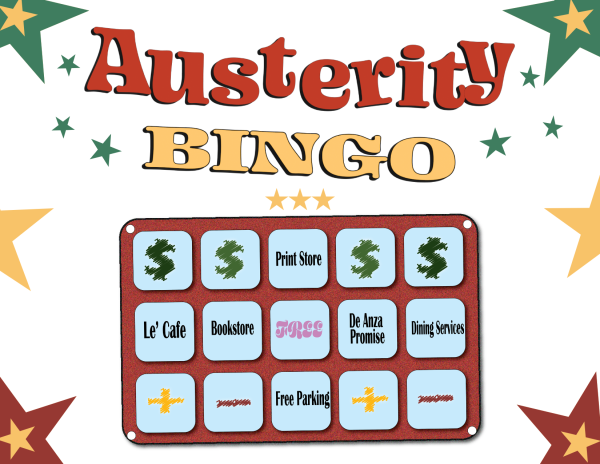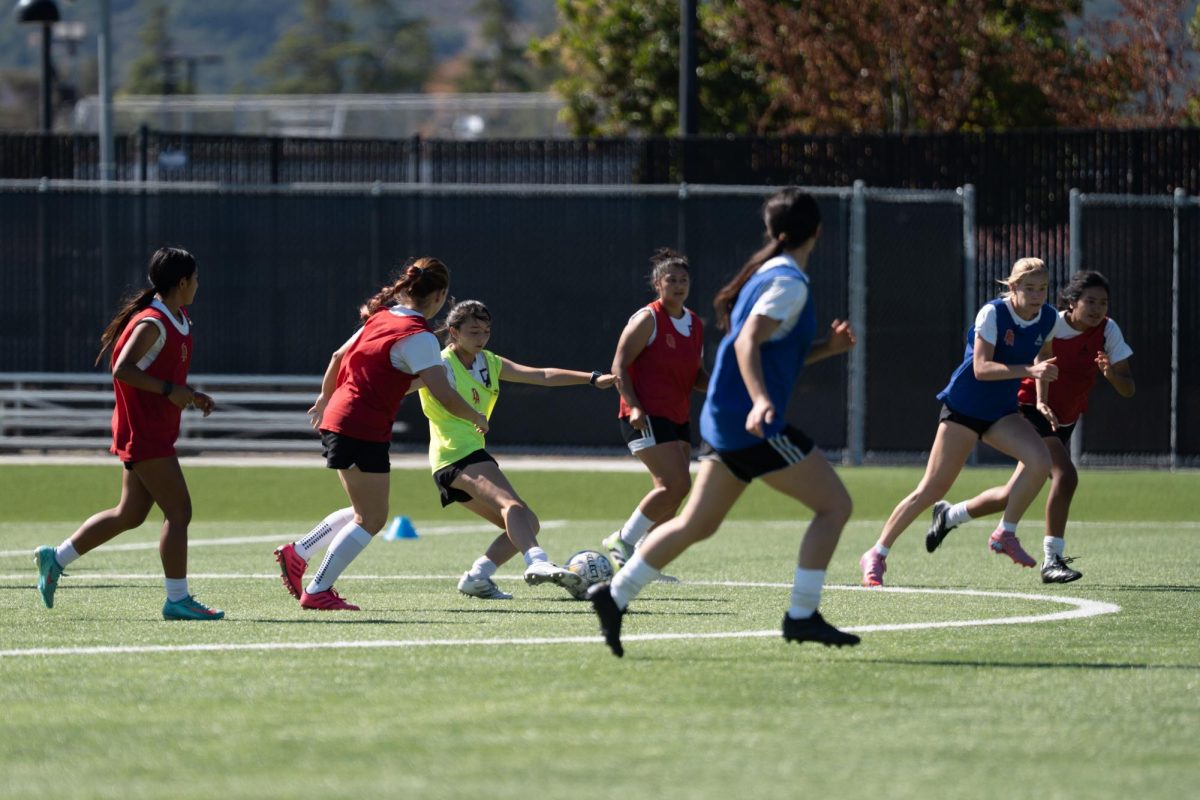Sex assault story retracted: a journalism lesson learned
April 21, 2015
The University of Virginia gang rape story Rolling Stone Magazine published last year would have been an influential story about rape on university campuses, if only it had been true.
To quickly recap: Rolling Stone published an article In their November 2014 issue alleging that a University of Virginia student, only referred to as Jackie in the article, had been gang raped during a party at a campus fraternity house. After Rolling Stone published the article, several commenters cast doubt on the story followed by a Washington Post article that featured evidence suggesting that the assault could have not taken place that night. Eventually, Rolling stone retracted the story.
The story’s retraction after it was thoroughly discredited is a disheartening reminders of what happens when journalist ignore ethics and common sense in favor of a good story.
The first mistake Rolling Stone editors made was they di d not verify their information before sending the story to press. If they checked all of the facts adequately, the errors would have been revealed in time. Even something as simple as asking the accused fraternity if there was an event that night would have revealed the story’s problems.
d not verify their information before sending the story to press. If they checked all of the facts adequately, the errors would have been revealed in time. Even something as simple as asking the accused fraternity if there was an event that night would have revealed the story’s problems.
Instead, Rolling Stone reporter Sabrina Rubin Erdley withheld important information from the fraternity when she did get in contact with them. Not only did this prevent the fraternity from telling it’s side of the story, it prevented them from setting any of the facts straight. Journalists are required to adequately tell all sides of the story, not just the ones they like.
The Society of Professional Journalists’ code of ethics does tell reporters to show compassion to those who may be affected by news coverage, and the code of ethics does call for heightened sensitivity when interviewing victims of sex crimes. But Rolling Stone took this to a dangerous extreme when they allowed Jackie to dictate who the reporter could and could not interview.
It is important for journalists to show compassion and mitigate harm, but this cannot stop journalists from doing their due diligence to make sure their story is factually correct and put in the proper context.
There is no doubt that rape and sexual assault are issues college campuses need to deal with, but instead of moving this effort forward as Rolling Stone intended, their actions may have been counter productive.
It’s unfortunate that Rolling Stone’s irresponsibility may have set back the very cause they were trying to champion.






























